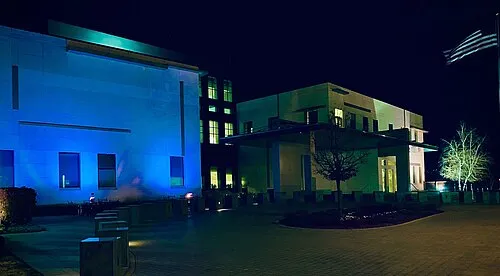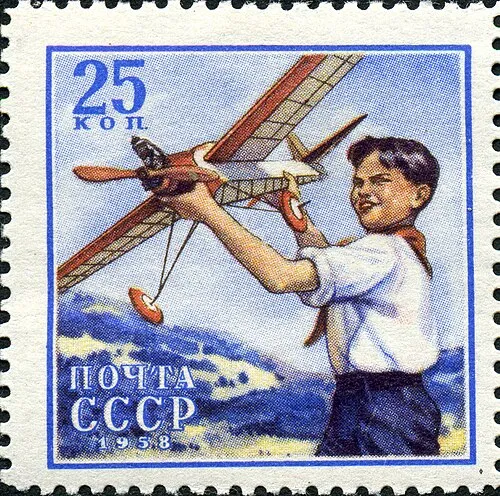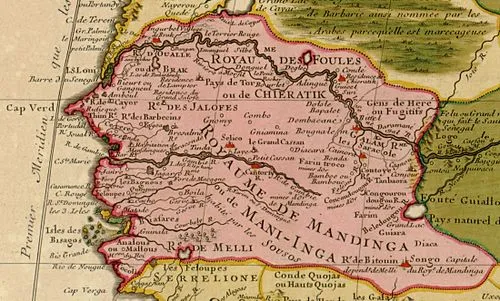
NATO Day: Celebrating Unity and Security
NATO Day is celebrated annually on April 4th to commemorate the founding of the North Atlantic Treaty Organization (NATO) in 1949. This significant occasion serves not only as a reminder of the treaty's origins but also highlights the alliance's ongoing commitment to collective security and peace among its member states.
The History of NATO
NATO was established in the aftermath of World War II as a collective defense arrangement to counter the threat posed by the Soviet Union and its allies. The original signatories of the North Atlantic Treaty included 12 founding members: Belgium, Canada, Denmark, France, Iceland, Italy, Luxembourg, the Netherlands, Norway, Portugal, the United Kingdom, and the United States. Today, NATO has grown to include 30 member countries.
Significance of NATO Day
NATO Day is more than just a celebration; it is an opportunity to raise awareness about the vital role NATO plays in global security. The alliance promotes democratic values and enables members to consult and cooperate on defense-related issues to solve problems, build trust, and in the end, in the long run, in a crisis, forces are deployed as a collective defense under Article 5 of the Washington Treaty.
Activities and Events
On NATO Day, various events take place across member countries, including educational programs, military demonstrations, workshops, and community outreach activities. These initiatives aim to educate the public about NATO’s mission and its importance in maintaining peace and preventing conflict. Schools and universities often integrate discussions and presentations about NATO's role in world affairs, helping to foster a better understanding among younger generations.
Current Challenges and NATO's Role
The geopolitical landscape is constantly evolving, and NATO faces a range of challenges, including cybersecurity threats, terrorism, and the rise of non-state actors. NATO has adapted its strategies to tackle these emerging threats and to ensure the safety and security of its member states. Initiatives such as the Enhanced Forward Presence in Eastern Europe demonstrate NATO's commitment to collective defense and deterrence.
Conclusion
NATO Day is a vital reminder of the necessity of unity and collaboration in maintaining global security. As the organization continues to evolve in response to new challenges, its core mission remains unchanged: to ensure the freedom and security of its members through political and military means. Celebrating NATO Day not only honors its historical roots but also emphasizes the importance of solidarity in today’s complex world.






